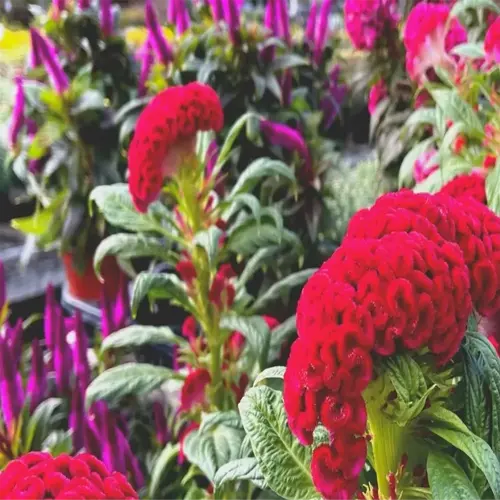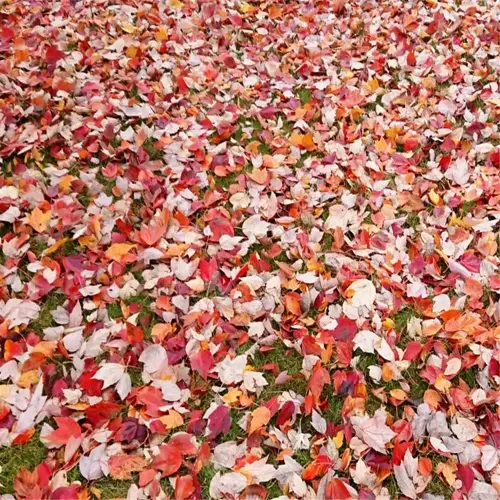How do I care for drought-resistant perennials?

Written by
Paul Reynolds
Reviewed by
Prof. Charles Hartman, Ph.D.Drought-tolerant perennials such as Lavender and Sedum reward gardeners who focus on the health of their root systems and take an intentional approach to care. I had previously restored a dry Arizona yard by deep watering young Yarrow weekly, and the roots grew downward around 18 inches deep, surviving a summer that offered just two rains.
Watering
- Deep soak roots every 10-14 days during establishment (first 12-18 months).
- Use drip irrigation to deliver 1-1.5 gallons per plant, targeting the root zone.
- Taper to monthly once plants mature, except during extreme droughts.
Mulching
- Apply 2-3 inches of gravel or crushed granite, retains moisture and reflects heat.
- Avoid organic mulch like bark in arid zones, it traps moisture and attracts pests.
- In humid climates, use pine straw to balance drainage and mold resistance.
The quality of the soil is very important. In clay soils, you should add 30% coarse sand to guard against the possibility of water pooling around your plants. Alternatively, in sandy soils where there is certainly little moisture, what would be most beneficial is to add compost. A client in New Mexico grew Agave in amended soil and only watered it once a month in 100-degree temperatures.
Be cautious not to over-fertilize. Drought-resistant perennials do extremely well in lean soil conditions. Apply slow-release granules once a year in spring. A gardener in Colorado doubled the bloom time for her beloved Blanket Flower by not fertilizing with synthetic and only using gravel mulch, which leached minerals over time.
Prune with purpose. For Russian Sage, cut the shrub's woody stems back to 6 inches in early spring before new growth begins, to encourage new growth. For Black-Eyed Susan, especially in humid regions, thin the stems to open up air circulation and discourage mildew growth. One Virginia garden followed this method and remained disease-free despite 80% humidity.
Read the full article: 15 Top Drought Resistant Perennials for Water-Wise Gardens

